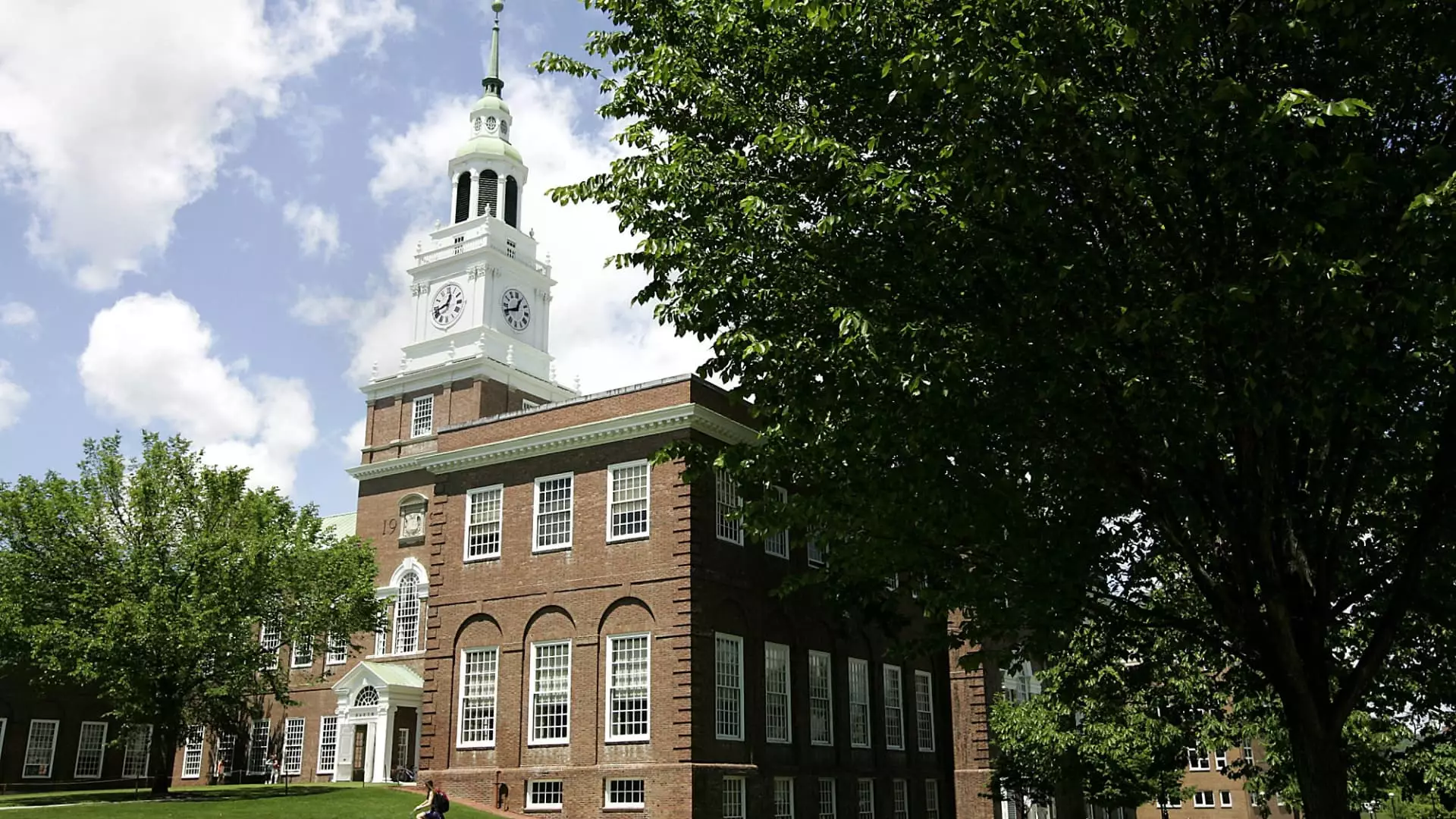In an effort to address the growing concern of student loan debt, certain colleges are implementing “no-loan” policies as part of their financial aid packages. With student debt reaching unprecedented levels, approximately two dozen schools have taken the initiative to eliminate student loans completely from their financial aid offerings. This innovative approach aims to make college more accessible and alleviate the burden of debt for students and their families.
Making College Accessible
Nicole Hurd, the president of Lafayette College in Easton, Pennsylvania, emphasizes the importance of ensuring that college remains accessible despite its high costs. At Lafayette, families with household incomes up to $200,000 have their financial need met through grants and work study, without the need for any loans. Hurd firmly believes in the moral obligation to inform low- and moderate-income families that college is a worthy investment in oneself. The implementation of “no-loan” policies aims to support this perspective.
Colby College in Waterville, Maine, has been leading the way with its no-loan policy since 2008. Students like Terra Gallo, a senior majoring in environmental policy, emphasize the significance of Colby’s financial aid policies. Gallo acknowledges the significant debt burden faced by many students and recognizes that it was something she wanted to avoid. By offering a no-loan policy and ensuring that demonstrated financial need is met, Colby College attracts students seeking affordable and sustainable education.
Financial Aid as the Key Factor
The cost of attendance often serves as the primary factor when potential students consider higher education options. Jackie Hardwick, a senior at Colby College, highlights the importance of financial aid in her decision-making process. Without the support of scholarships and the Quest Bridge program, Hardwick admits that she would not have been able to afford Colby College. The no-loan commitment by the school allows students like Hardwick to pursue their academic ambitions without the weight of excessive debt.
By implementing no-loan policies, colleges directly address the primary concern of students and parents alike – the fear of accumulating excessive debt. Robert Franek, the editor in chief of The Princeton Review, commends these institutions for acknowledging and addressing this significant issue. Through their financial aid policies, colleges are sending a clear message to students and parents, assuring them that they are being heard and valued.
In addition to assisting students and parents, no-loan policies also have positive outcomes for the colleges themselves. These initiatives tend to result in increased application rates, further enhancing the prospects of these institutions. Forrest Stuart, Lafayette’s vice president for enrollment management, highlights the benefits of the increased exposure and recognition that these policies bring. By attracting more applicants, colleges can shape a more diverse and accomplished student body.
While the no-loan policy eliminates the need for student loans, it is crucial to note that it does not make college entirely free. Students may still be responsible for their expected family contribution, as well as additional costs such as books and fees. Furthermore, depending on the college, a work-study requirement may still be in place. Robert Franek emphasizes the importance of understanding that “no loan doesn’t mean free.” Students and parents must remain mindful of the financial obligations that may still arise.
Colleges’ introduction of no-loan policies represents a step towards addressing the student debt crisis. By eliminating student loans from financial aid packages, institutions aim to make college more accessible for students of all backgrounds. Furthermore, these policies allow colleges to attract a wider pool of applicants and enhance their reputation. While the burden of student debt remains, the no-loan policies offer hope and relief for students seeking affordable education without the excessive financial strain.


Leave a Reply